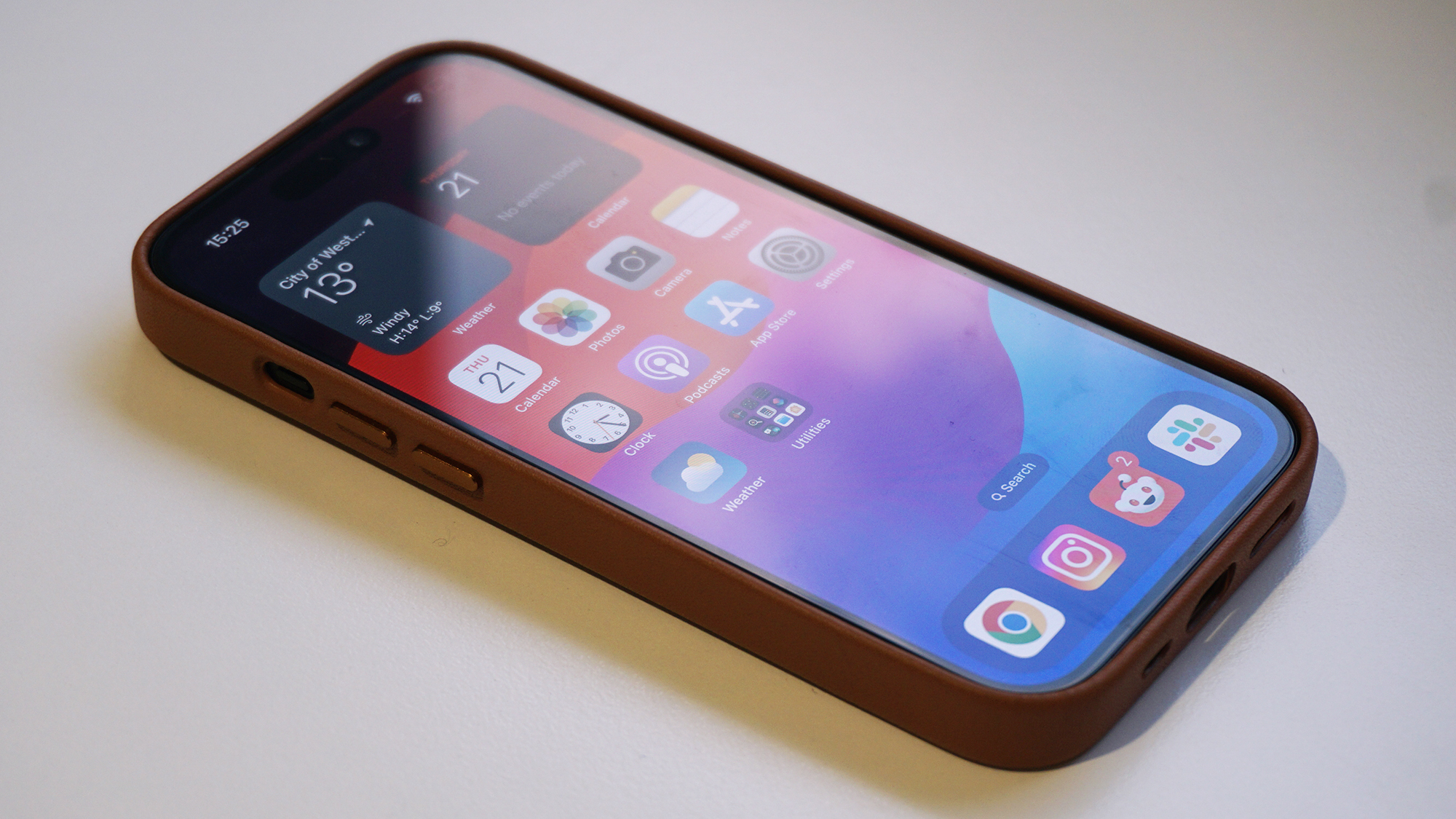
Apple is easing up its self-repair policy, allowing iPhone owners to fix their devices with used parts instead of forcing them to buy new replacements. The tech giant told The Washington Post the update will apply to screens, batteries, and cameras among other things.
Apple states in its announcement post that they have plans to grow the program to include biometric sensors. The changes are scheduled to take effect this autumn, starting, Apple confirmed with TechRadar, with the iPhone 15 and future models.
Parts pairing, where the serial number of a component is matched with the iPhone, remains an important aspect of the repair process. Apple states the technology is important in determining whether a part is genuine and “critical to preserving the privacy, security, and safety of iPhone.” They will, however, relax some of the restrictions surrounding parts pairing.
Neither customers nor service providers will need to give Apple a phone’s serial number when ordering replacements – so long as you’re not fixing the logic board, in which case then you do. Calibration will occur right on the iPhone after the genuine part has been installed.
Maintaining quality
This is a big deal because, as The Washington Post explains, attempting to use “components harvested from other iPhones” results in performance problems. Colors on fixed displays may not look as vibrant as they once did.
But all that changes several months from now. You can expect the same level of quality regardless of whether a part is used or right out of the factory. The policy change could even be helpful for users who can’t afford out-of-warranty costs or don’t have an Apple Store near them.
Alongside the update, Apple is going to expand the availability of its Activation Lock tech to iPhone parts. The feature was originally “designed to limit… theft” by preventing access to lost or stolen devices. Moving forward, if an iPhone under repairs notices a part has either Activation Lock or Lost Mode activated, calibration for that replacement will be disabled. What’s more, the company plans to upgrade an iPhone’s Parts and Service History to show information about whether a part is new or used.
No word on how much these parts will cost or where people can buy them. Presumably, it’ll all be done through the company’s Self Service Repair Store. We’ve reached out for info and we’ll update this story if we hear back.
Potential future changes
Aftermarket parts built by third parties will not be allowed. The Washington Post states that if you try to install one of those components, you’ll receive a warning stating the part isn’t legitimate and certain features won't work such as the battery health readout.
Of course, things can always change. Apple was once famously against the right to repair, and yet here they are, providing the parts themselves. We could see additional repair policy changes later in the year moving into 2025. Parts pairing, in particular, is currently caught in the crosshairs. Oregon recently banned the practice back in late March although the law won’t take effect until January 2025. The EU is considering doing the same, but nothing is set in stone.
John Ternus, Senior Vice President of Hardware Engineering at Apple, defended parts pairing in an interview with TechCrunch by calling the practice “not evil.” However, if there’s one thing we’ve learned is that with the right motivation, Apple can change its mind.
Be sure to check out TechRadar's list of the best iPhones for 2024.







